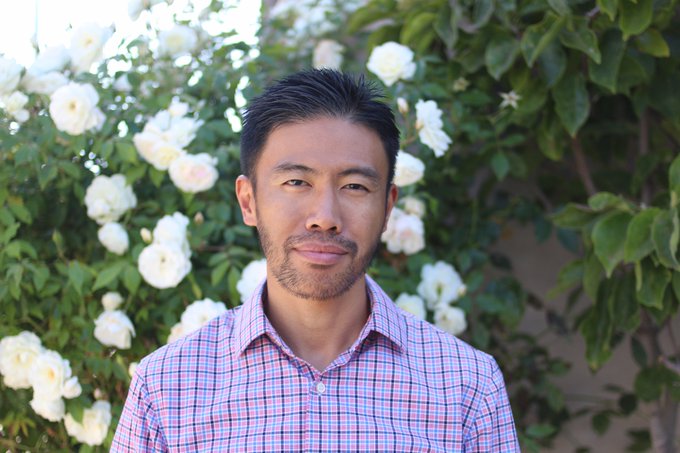
What Happened to You? Trauma-Informed and Culturally-Responsive Practices in Working with BIPOC Clients
Contact event manager
Book your tickets
What Happened to You? Trauma-Informed and Culturally-Responsive Practices in Working with BIPOC Clients
Friday, 10:30 AM to 12:30 PM
March 18, 2022
000000
What Happened to You? Trauma-Informed and Culturally-Responsive Practices in Working with BIPOC Clients
Friday, 10:30 AM to 12:30 PM
March 18, 2022
ALAMEDA COUNTY BEHAVIORAL HEALTH MENTAL & SUBSTANCE USE SERVICES Presents:
What Happened to You? Trauma-Informed and Culturally-Responsive Practices in Working with BIPOC Clients
March 18th, 2022
10:30 AM – 12:30 PM (PT)
Training Summary and Educational Goals
This training aims to deepen the participants’ understanding of the needs and cultural context of behavioral health clients who identify as Black, Indigenous, and People of Color (BIPOC), within a trauma-informed lens. Best practice guidelines for cultural adaptation when working with BIPOC clients using a combination of top-down and bottom-up frameworks will be discussed. This workshop also addresses the National CLAS Standards’ “Principal Standard 1: Provide effective, equitable, understandable, and respectful quality care and responsive to diverse cultural health beliefs and practices, preferred languages, health literacy, and other communication needs.
Ritchie J. Rubio, Ph.D., is Director of Practice Improvement and Analytics, San Francisco Department of Public Health – Behavioral Health Services, and adjunct faculty at the Wright Institute. Dr. Rubio has worked as a clinical child psychologist, play and expressive arts therapist, researcher-storyteller, program evaluator, statistical consultant, data analyst, telehealth trainer/consultant, and associate professor/lecturer in a variety of clinical and academic settings including public health systems, universities, pediatric hospitals, community mental health settings, schools, and research institutes in the Philippines, US, and New Zealand
Learning Objectives
After attending this course, participants will be able to:
- Describe at least two principles of culturally-adapting evidenced-based clinical interventions using top-down and bottom-up frameworks.
- Name at least two ways of culturally-adapting trauma-focused interventions when working with BIPOC clients.
- Demonstrate improved cultural responsiveness, competence, and humility when working with BIPOC populations.





